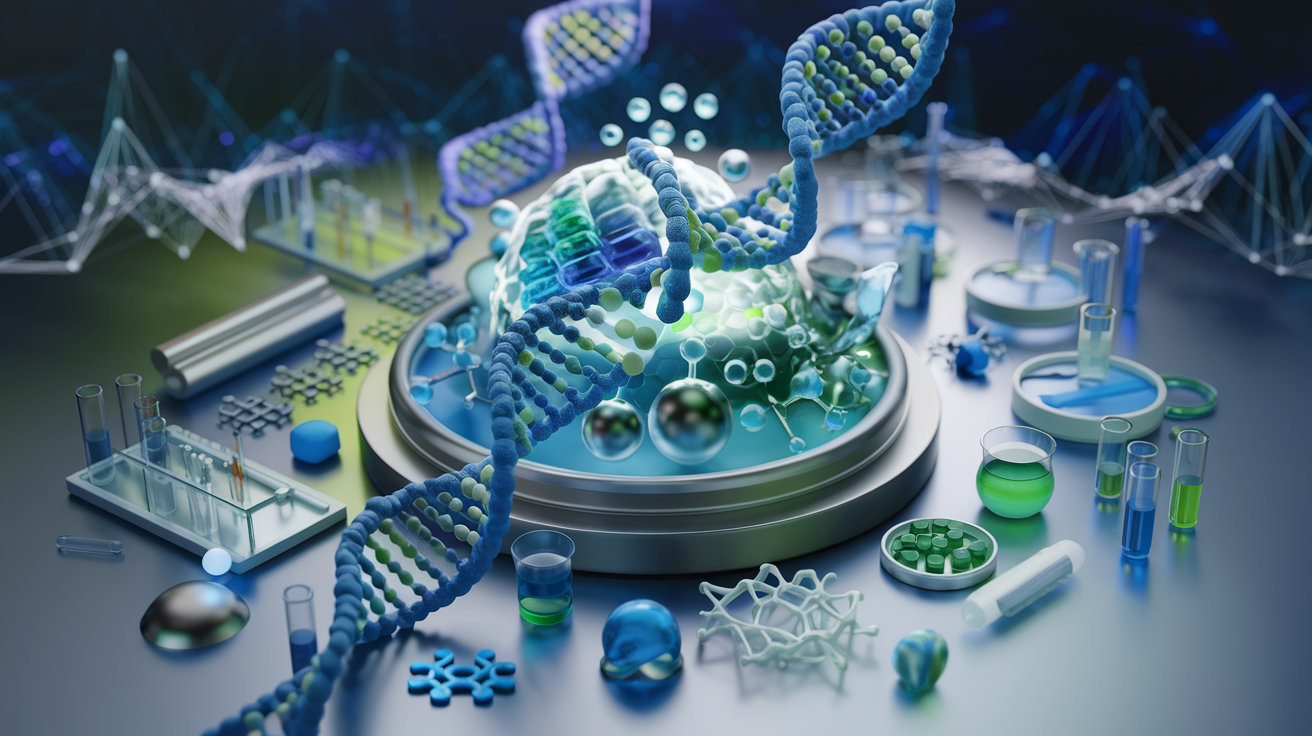Edo GI, Mafe AN, Ali AB, Akpoghelie PO, Yousif E, Apameio JI, Isoje EF, Igbuku UA, Garba Y, Essaghah AE, Ahmed DS. Chitosan and its derivatives: A novel approach to gut microbiota modulation and immune system enhancement. International Journal of Biological Macromolecules. 2024 Dec 13:138633.
This research examines chitosan, a biopolymer derived from chitin, and its potential benefits for gut microbiota and immune system health. Known for its prebiotic properties, chitosan supports the growth of beneficial gut bacteria while helping to suppress harmful microorganisms. Additionally, it strengthens gut barrier integrity, contributing to overall digestive health.
The study investigates chitosan’s effects on immune function, including its impact on antigen-presenting cells, cytokines, and systemic immune responses. A comparative analysis with other prebiotic agents highlights its unique benefits, though challenges such as bioavailability and metabolic activity remain areas for further exploration.

Special attention is given to chitosan derivatives, such as chitooligosaccharides, which show increased bioactivity and potential applications in functional food development. The research also addresses the environmental aspect by discussing alternative plant-based sources of chitosan, aligning with sustainable health practices. Importantly, this work opens new discussions on chitosan’s role in broader health contexts, such as its interactions with the gut-brain axis, hinting at possible applications in mental health.
This study highlights the significance of collaboration in advancing scientific knowledge. Researchers from Near East University, in partnership with international institutions, contributed their expertise to this multicenter effort. Dr. Huzaifa Umar, an accomplished researcher and academician, specializes in the bioengineering aspects of natural products and their potential applications in cancer treatment. His research areas encompass cancer biology, nanotechnology, drug delivery, biochemistry, microbiology, and the integration of artificial intelligence in biomedicine. For further inquiries or collaboration opportunities, please contact Dr. Umar at [email protected].
Abstract
Chitosan, a biopolymer derived from the deacetylation of chitin found in crustacean shells and certain fungi, has attracted considerable attention for its promising health benefits, particularly in gut microbiota maintenance and immune system modulation. This review critically examines chitosan’s multifaceted role in supporting gut health and enhancing immunity, beginning with a comprehensive overview of its sources, chemical structure, and its dual function as a dietary supplement and biomaterial.
Chitosan’s prebiotic effects are highlighted, with a focus on its ability to selectively stimulate beneficial gut bacteria, such as Bifidobacteria and Lactobacillus, while enhancing gut barrier integrity and inhibiting the growth of pathogenic microorganisms. The review delves deeply into chitosan’s immunomodulatory mechanisms, including its impact on antigen-presenting cells, cytokine profiles, and systemic immune responses. A detailed comparative analysis assesses chitosan’s efficacy relative to other prebiotics and immunomodulatory agents, examining challenges related to bioavailability and metabolic activity.
Beyond its role in gut health, this review explores chitosan’s potential as a dual-action agent that not only supports gut microbiota but also fortifies immune resilience. It introduces emerging research on novel chitosan derivatives, such as chitooligosaccharides, and evaluates their enhanced bioactivity for functional food applications. Special attention is given to sustainability, with an exploration of alternative, plant-based sources of chitosan and their implications for both health and environmental stewardship.
Also, the review identifies new research avenues, such as the growing interest in chitosan’s role in the gut-brain axis and its potential mental health benefits through microbial interactions. By addressing these innovative areas, the review aims to shift the focus from basic health effects to chitosan’s broader impact on public health. The findings encourage further exploration, particularly through human trials, and emphasize chitosan’s untapped potential in revolutionizing health and disease management.
